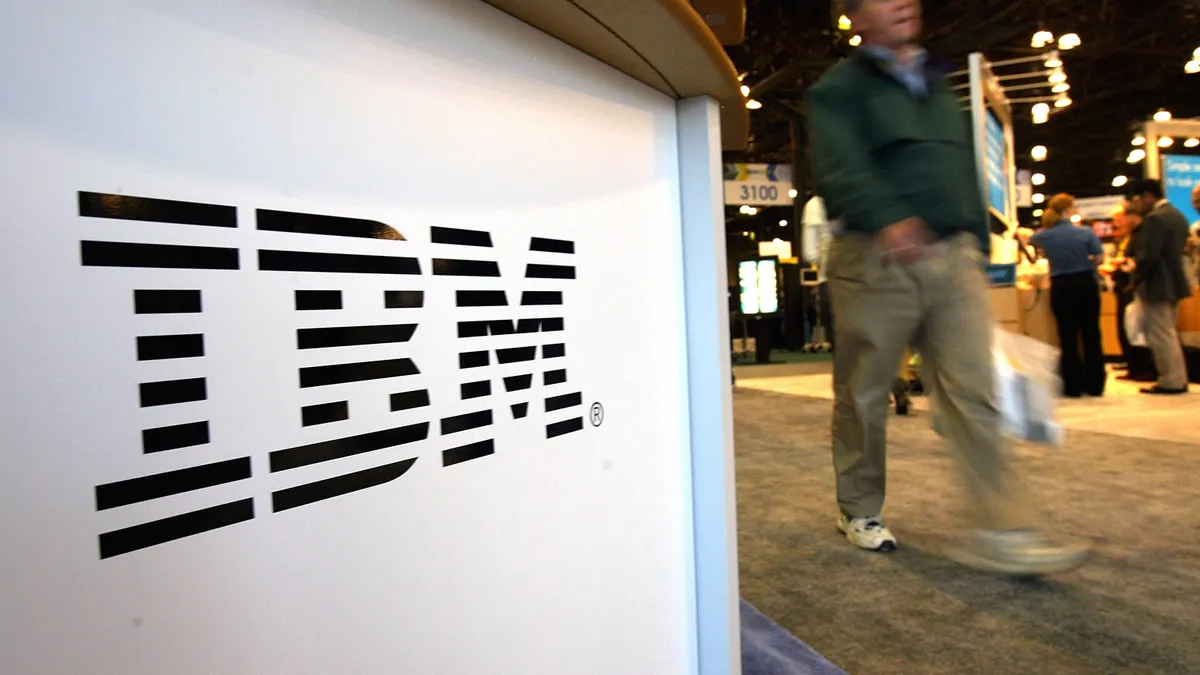Dive Brief:
- IBM introduced watsonx, a platform that incorporates generative AI, in a Tuesday announcement. In addition to trainable foundation models, the suite will include AI-optimized data storage capabilities and a governance toolkit.
- IBM watsonx.ai, an enterprise studio available in July, will give customers access to open-source libraries, models and datasets created by Hugging Face, the same machine learning and natural language processing company AWS partnered with in February.
- Watson’s latest upgrade will feature models trained to generate code for developers through a natural language interface, industry-specific LLMs customizable with user data and a geospatial model built on climate and remote sensing data, according to IBM.
Dive Insight:
The new AI capabilities are part of a broader hybrid cloud strategy, which aims to help organizations integrate multicloud and on-prem ecosystems. The company remains committed to enterprise hybrid cloud solutions as its pathway to relevance in a market dominated by hyperscalers AWS, Microsoft and Google Cloud.
IBM's share of the global cloud market is just 3%, according to Synergy Research Group’s April analysis of enterprise spending on infrastructure services. The hyperscalers command nearly two-thirds of the market.
The 100-year-old tech company built its reputation on mainframe systems and pioneered natural language processing with Watson. The computer triumphed on the game show “Jeopardy!” in 2011.
Watsonx’s new capabilities will deploy before the end of the year, the announcement said.
The governance toolkit within watsonx will include mechanisms to ensure customer privacy and detect model bias, according to the company.
To support the updated capabilities, the company will install new graphics processing units in its cloud servers, optimizing its infrastructure for model training. The larger CSPs have made similar adjustments to accommodate AI workloads.
In addition, IBM will introduce an AI-informed cloud carbon calculator, designed to monitor emissions across hybrid multicloud architectures to support enterprise sustainability initiatives.














